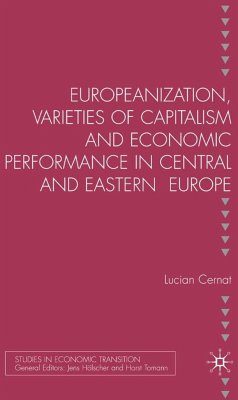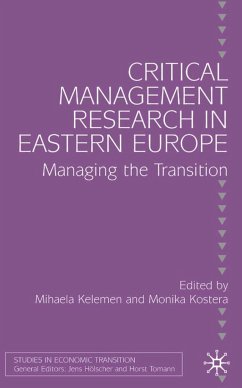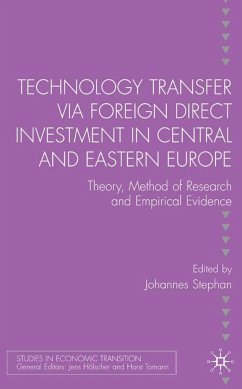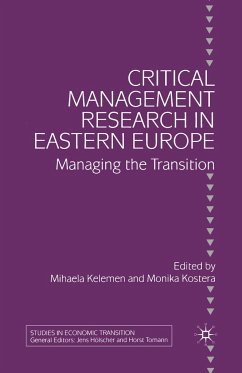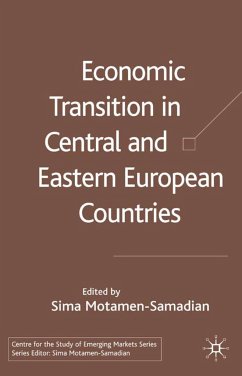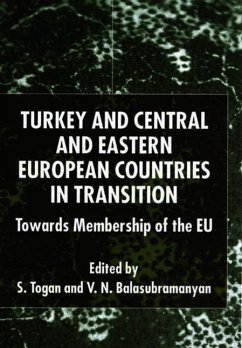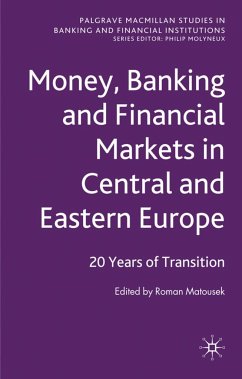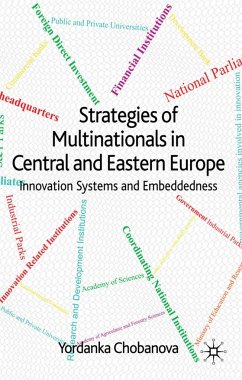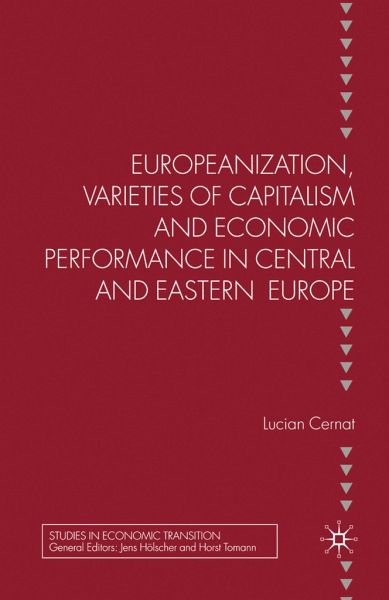
Europeanization, Varieties of Capitalism and Economic Performance in Central and Eastern Europe
Versandkostenfrei!
Versandfertig in 6-10 Tagen
76,99 €
inkl. MwSt.
Weitere Ausgaben:

PAYBACK Punkte
38 °P sammeln!
By combining insights from Europeanization, globalization, varieties of capitalism, and policy transfer literature, this book reconceptualizes the dynamics taking place during the EU enlargement process and makes a major contribution to the understanding of the relationships between institutional transformation and economic performance.





